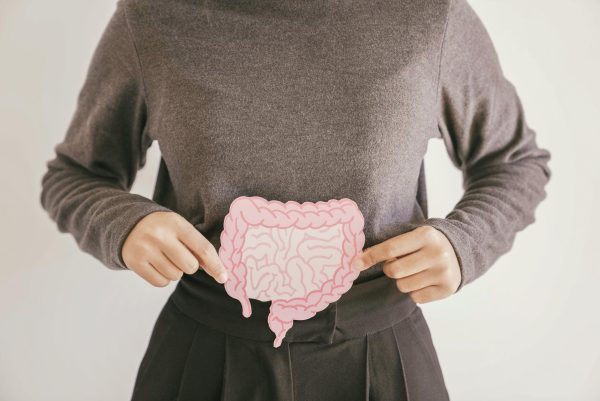Students are exposed to misleading myths
Students are often trying to get healthy, but there are some common myths to watch out for when changing lifestyles.
October 23, 2017
DeKalb | While running back and forth between classes, pumping themselves full of caffeine and stressing about assignments, it’s easy to fall into the trap of health myths—some of which can have the opposite effect than desired. Leading a healthy lifestyle is something everyone talks about, but with so many myths floating around it can be hard for students to stay educated on what is truly best for them.
Carbs are bad
One common health myth surrounding carbs is the idea they are bad for the body and will cause weight gain rather than being a healthy boost to the body. However, carbs fuel the body and the brain with energy. Meg Burnham, NIU registered dietitian nutritionist, said carbs can keep the the stomach fuller longer and speed up the metabolic system, which can lead to weight loss.
“Carbohydrates provide satisfaction to meals and snacks,” Burnham said. “For those looking to lose weight, carbohydrates provide energy to fuel physical activity and including some carbohydrates with each meal and snack can help prevent cravings and over consumption that often result from restriction.”
Eating healthy carbs like fruits and vegetables are a great way to avoid the pangs of hunger and stay away from possible weight gain. Some other healthy carbs are whole grains, brown rice and sweet potatoes. Campus dining halls offer nutrition labels which can be found on the MyDining app and Healthy Huskie options providing a balanced diet to help students make nutritious choices.
Concentrated workouts
Working out is an excellent way to stay healthy and fit, but a big misconception is that working out one part of the body allows you to lose weight in that area specifically. Tony Vazquez, senior kinesthetic major and student personal trainer, said the body doesn’t function piece by piece, and will lose weight where it chooses.
“If you work out your core, you will not lose weight in your core,” Vazquez said. “You may lose weight in your legs or arms, but your core will get stronger. The body burns calories from many different places in the body, and the best way is to eat healthy and follow a plan.”
Vasquez said exercising 30 minutes a day can keep the body strong and the brain focused. He also recommends working out three times a week to lose weight and stay strong.
Water and weight
The recommended consumption is eight glasses of water a day, but that does not mean it will affect weight gain or weight loss. The body only retains the amount it needs to stay healthy and functioning. Burnham said in order for organs to function, the body must get water daily.
“[Water] regulates body temperature, aids in digestion and cleans the body of waste products,” Burnham said. “Simply drinking water does not result in weight loss unless it has replaced sugar-sweetened beverages such as soda pop.”
Some healthy water based choices are tea, small amounts of coffee or 100 percent real fruit juice. These choices should not replace water but are good options when looking for something different.
Avoiding the myths
Anyone is susceptible to believing health myths and, when trying to avoid them, students should always do research. Junior meteorologist major Lindsey Park said she loves working out and eating healthy. Park said in order to avoid health myths she asks professionals and suggests others do the same.
“Talk to a personal trainer, health professional or expert in the field to avoid the myth,” Park said. “I use to always ask for help from others who knew more than me and it helped me get through those myths.”
Trying to be healthy is a positive lifestyle move, but some myths can be misleading and Park said it is important to stay educated on lifestyle changes.













